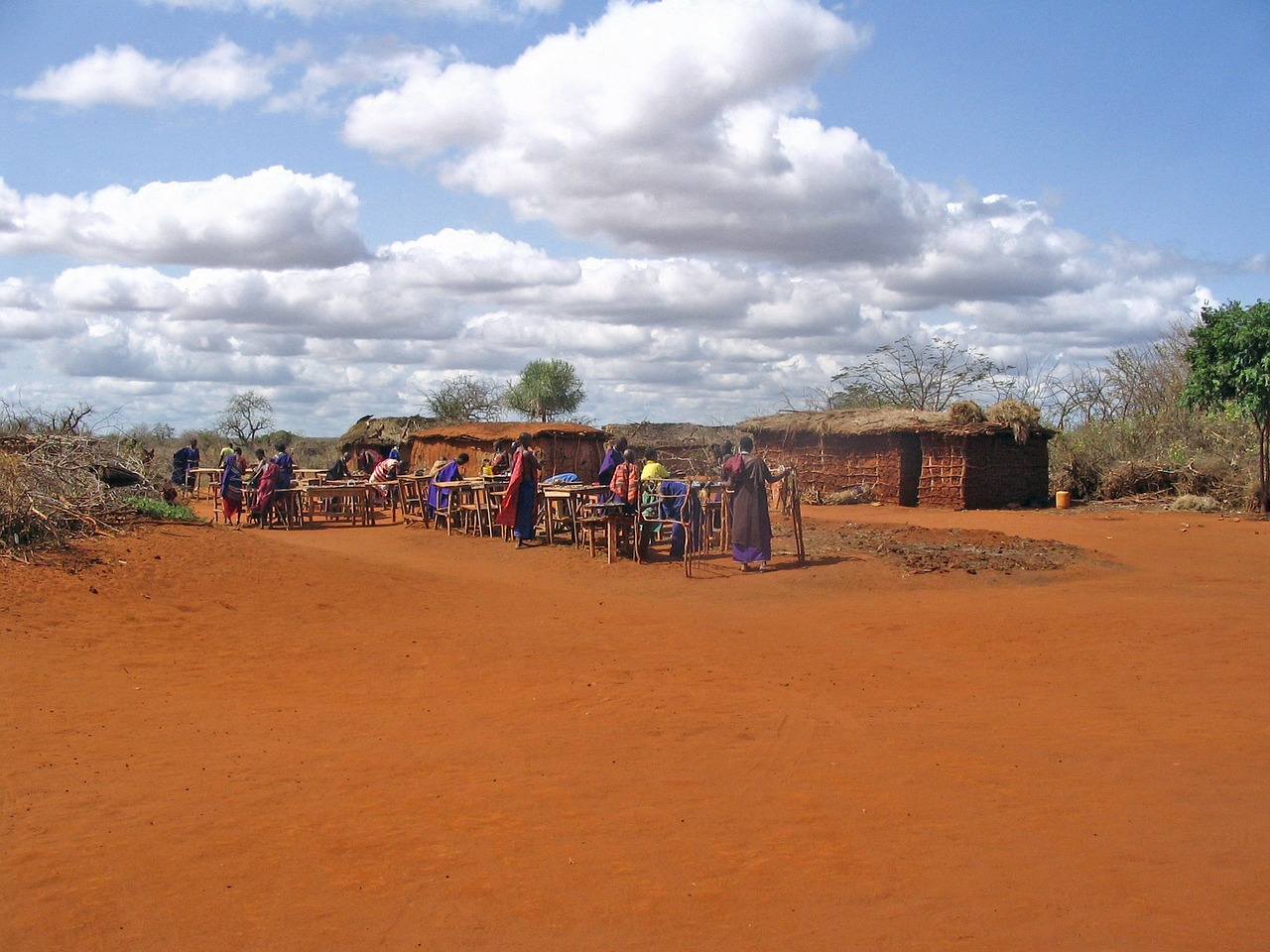Protecting and Developing African Agriculture in the Face of Climate Change
Author: Patrick Dupoux and Younes Zrikem | Published: November 18, 2016
The United Nations 2016 climate change conference (COP 22), meeting this week—through Nov. 18—in Marrakech, Morocco, presents an historic opportunity to refocus the global community’s attention on the need to help developing nations adapt to climate change. In no area could this be more pressing than Africa, where protecting food security and ending hunger is an urgent necessity.
During the COP21 last year in Paris, the world’s developed nations reaffirmed their commitment to provide at least $100 billion per year, beginning in 2020, to help developing nations combat climate change.
In the past, most funds have been used on mitigation projects—those intended to curtail greenhouse gas emissions. But there is a growing consensus that work focused on adapting to climate change is of equal importance and more funding needs to be devoted to it.
This is a step in the right direction. With 28 African countries expected to more than double in population by 2050, and 10 African countries—Angola, Burundi, Democratic Republic of Congo, Malawi, Mali, Niger, Somalia, Uganda, Tanzania and Zambia—expected to grow “by at least a factor of five” by 2100, according to the U. N. Department of Economic and Social Affairs, Africa will be hard pressed to feed itself as temperature increases drive farm production down.
While increases in temperature and carbon dioxide “can increase some crop yields in some places,” experts at the U.S. Environmental Protection Agency have noted, Africa isn’t among them.
In fact, the opposite is true: The scientific consensus is that a temperature increase of 2°Celsius would result in an average reduction of 15% to 20% in agricultural yields on the continent.
The Center for Global Development’s 2011 report, “Quantifying Vulnerability to Climate Change Implications for Adaptation Assistance,” forecasts median agricultural productivity losses due to climate change ranging from 18% in North Africa to 19.8% in Central Africa through 2050.
The weak output in Africa, reinforced by a spike in temperatures and exacerbated by extreme climate events, could create a vicious loop of food insecurity, impoverishment, mass migration and, finally, armed conflict. Climate-related migration and conflict already are a reality on the continent, and more often than not they are related to agriculture and food.

